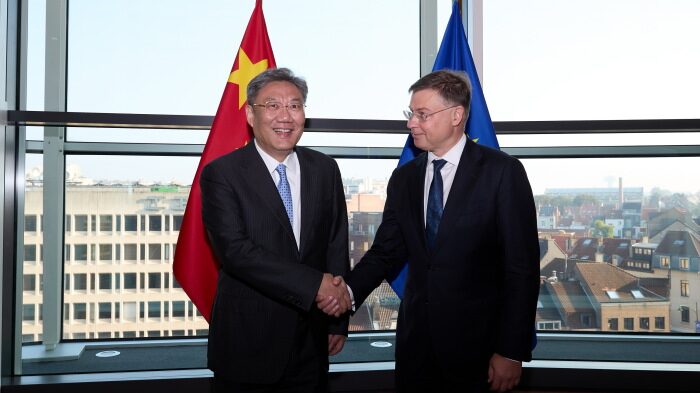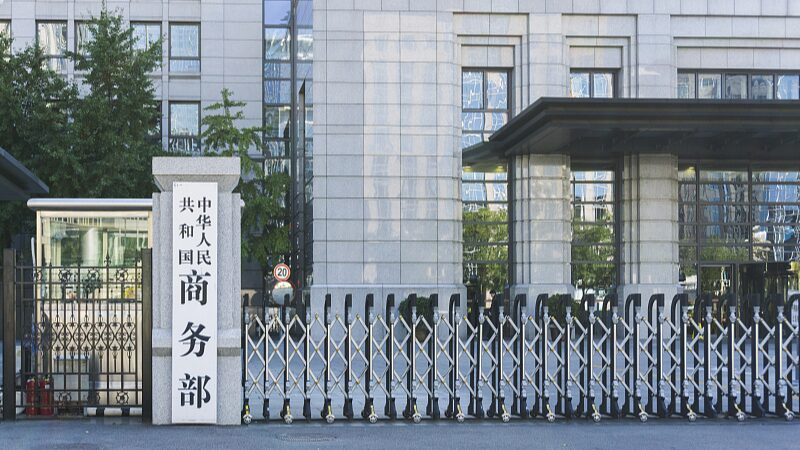
EU Tariffs on Chinese Electric Cars Heighten Trade Tensions
The EU’s imposition of tariffs on Chinese electric cars has escalated trade tensions, raising fears of a potential trade war and challenging economic cooperation between the two powers.
My Global News: Voices of a New Era
🌍 Stay Ahead, Stay Global 🚀

The EU’s imposition of tariffs on Chinese electric cars has escalated trade tensions, raising fears of a potential trade war and challenging economic cooperation between the two powers.
The EU has approved new tariffs on Chinese electric vehicles to support its local auto industries, effective October 31. Learn how this impacts the market.

The EU’s decision to impose up to 45% tariffs on Chinese electric vehicles has sparked strong opposition from both Chinese mainland authorities and industry groups, raising concerns over global trade dynamics.

China and the EU hold constructive consultations to resolve ongoing tariff disputes over Chinese electric vehicles, aiming for a mutually acceptable solution through dialogue and negotiations.

China expresses disappointment over the EU’s rejection of tariff avoidance proposals for Chinese electric vehicle producers, emphasizing efforts to resolve the trade dispute through dialogue.

Canada announces 100% tariffs on Chinese electric vehicles and 25% on steel and aluminum, reflecting a protectionist trade stance with implications for the global EV market.

China announces anti-discrimination and anti-dumping probes into Canada’s new tariffs on electric vehicles, steel, aluminum, and rapeseed, citing unfair competition and increasing imports.

Tesla has approached the Canadian government seeking lower tariffs on China-made electric vehicles, Reuters reports. This request comes ahead of Canada’s announcement to impose a 100% duty on Chinese-made EVs this week.

Canada announces a 100% tariff on Chinese electric vehicles and 25% on steel and aluminum, aiming to level the playing field and protect domestic industries.

China’s Commerce Ministry strongly opposes Canada’s decision to drastically increase tariffs on Chinese electric vehicles, citing negative impacts on global trade and the green economy.